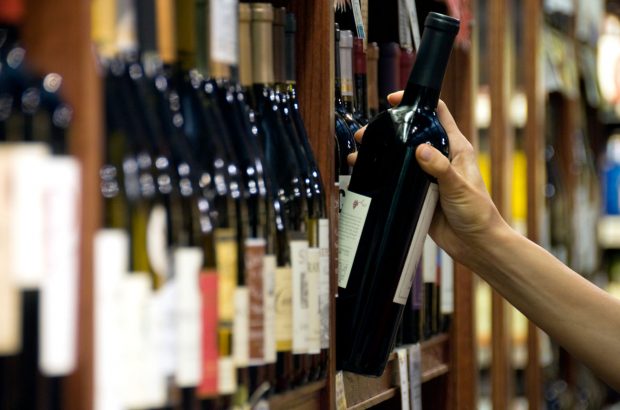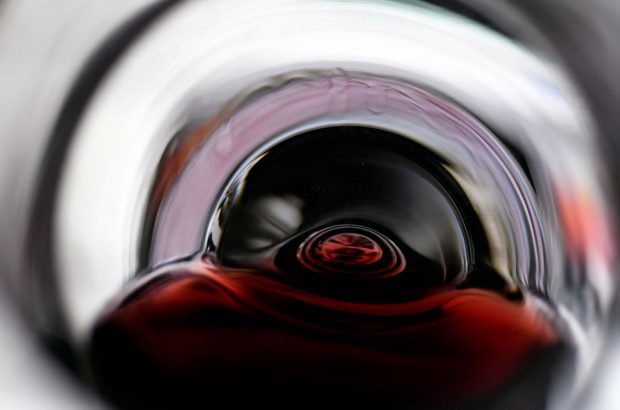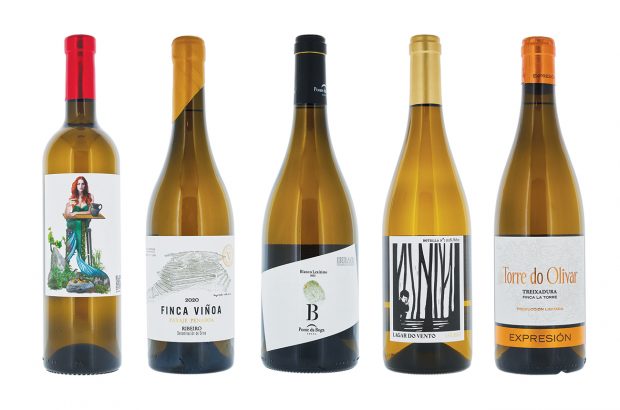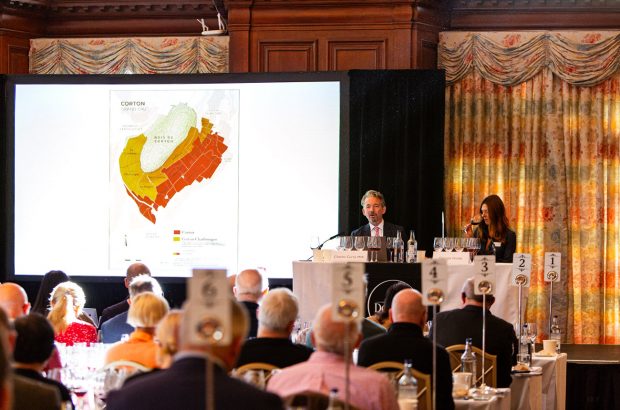Decanter is committed to providing you with trusted, independent, expert wine recommendations on what to buy, drink and cellar.
How we taste: Decanter panel tastings

Panel tastings are a core component of Decanter magazine’s monthly buying guide, and results are also published online alongside other regular tasing articles by our experts.
Each panel tasting is judged by three experienced tasters chosen for their authority in the category of wine being rated.
All wines are tasted blind and are pre-poured for judges in flights of eight to 10 wines. Our experts taste and score wines individually but then discuss their scores together at the end of each flight.
Any wines on which scores are markedly different are retasted; however, judges are under no obligation to amend their scores. Judges are encouraged to look for typicity in wines, rewarding those that are true to their region.
Do experts know the price of the wines?
When judging, experts are aware of wine price bands – under £15, £15-£30 and over £30 – with the aim of recognising and rewarding quality and value.
Where are panel tastings held?
The tastings are held in the controlled environment of Decanter’s tasting suite: a quiet, purposely designed room, with natural light.
We limit the number of wines tasted to a manageable level – a maximum of 85 per day – allowing judges to taste more thoroughly and avoid palate fatigue.
The scoring system
Decanter uses the 100-point scoring system when tasting wines. In a panel tasting, the overall Decanter rating is the average of all three judges’ scores. Scores correspond to the following rating tiers:
98-100 points = Exceptional
A great, exceptional and profound wine.
95-97 = Outstanding
An excellent wine of great complexity and character.
90-94 = Highly Recommended
A very accomplished wine, with impressive complexity.
86-89 = Recommended
A well-made, straightforward and enjoyable wine.
83-85 = Commended
An acceptable, simple wine with limited personality.
76-82 = Fair
Correctly made, if unexciting.
70-75 = Poor
Unbalanced and/or bland with no character.
For the Exceptional and Outstanding tiers, judges’ individual scores and tasting notes are listed in addition to the average score.
For the Highly Recommended and Recommended wines, individual and average scores are also listed, but tasting notes are a combination of the three judges’ notes.
Drinking windows
Drink-by dates indicated are based on how long it is prudent to keep the wine in question. However, some wines will have a longer ageing capacity if stored in pristine conditions throughout their lifespan.















